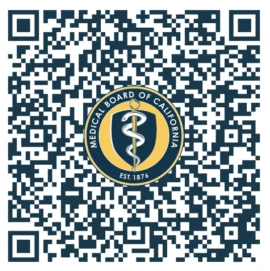Gastroesophageal reflux disease (GERD), a common disorder that irritates the esophagus, is caused by recurrent reflux of stomach acid. More severe health issues could arise if GERD is not treated. Early detection of GERD symptoms is essential for both controlling the illness and avoiding long-term harm. We’ll go over the common signs of GERD in this blog, along with when to see a doctor.
Common Symptoms of GERD
From little pain to more serious problems that interfere with day-to-day functioning, GERD symptoms can vary widely. The following are some of the most typical indicators to watch out for:
- Heartburn
One of the most obvious signs of GERD is a burning feeling in the chest, usually after eating. Leaning over or lying down tends to exacerbate it. - Regurgitation
The feeling of acid or partially digested food returning to the mouth is referred to here. It could leave a harsh or sour aftertaste. - Difficulty Swallowing (Dysphagia)
Because regular acid reflux causes inflammation in the esophagus, some GERD sufferers have difficulty swallowing food or drinks. - Chronic Cough
A persistent cough, especially at night, can be a sign of GERD as stomach acid irritates the throat and airways. - Hoarseness or Sore Throat
A sore throat or vocal abnormalities like hoarseness might result from acid reflux’s inflammation of the throat. - Chest Pain
GERD can be a sign of more serious illnesses like heart disease in addition to producing chest pain, particularly in cases of severe heartburn.
Less Common Symptoms of GERD
Although the symptoms listed above are the most prevalent, some people may also have less usual GERD symptoms, such as:
- Nausea
Chronic nausea, particularly after meals, can sometimes be linked to GERD. - Bloating
Feeling overly full or bloated after meals is another potential symptom of GERD. - Burping
Excessive belching or gas can be a sign that your digestive system is struggling with acid reflux.
When to See a Doctor
See a medical professional if you frequently experience any of the typical GERD symptoms. Specifically, consult a doctor if you suffer from:
- Persistent heartburn more than twice a week
- Difficulty swallowing or pain with swallowing
- Unexplained weight loss
- Chest pain that isn’t relieved by antacids
Untreated GERD can lead to complications such as esophagitis (inflammation of the esophagus), esophageal strictures, or even a precancerous condition called Barrett’s esophagus.
How GERD is Diagnosed
Your doctor might suggest one or more tests to diagnose GERD, such as:
- Endoscopy: A thin tube with a camera is inserted into your esophagus to check for inflammation or other signs of damage.
- pH Monitoring: This test measures how often acid enters your esophagus over a 24-hour period.
- Esophageal Manometry: This assesses the function of your esophagus muscles during swallowing.
For more detailed information on GERD and treatment options, contact the experts at Digestive Disease Consultants of Orange County.



